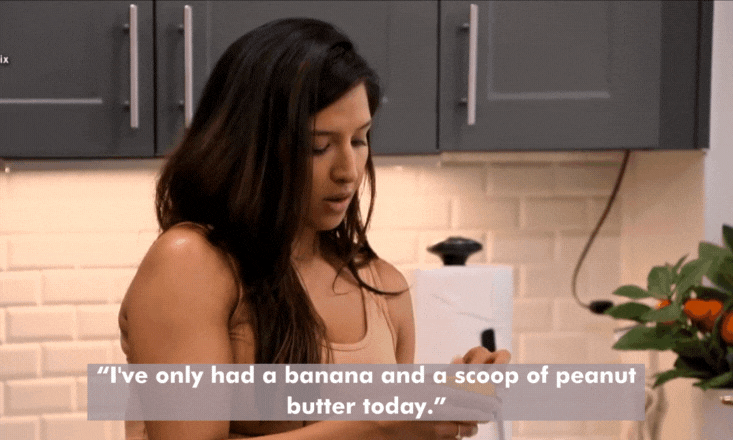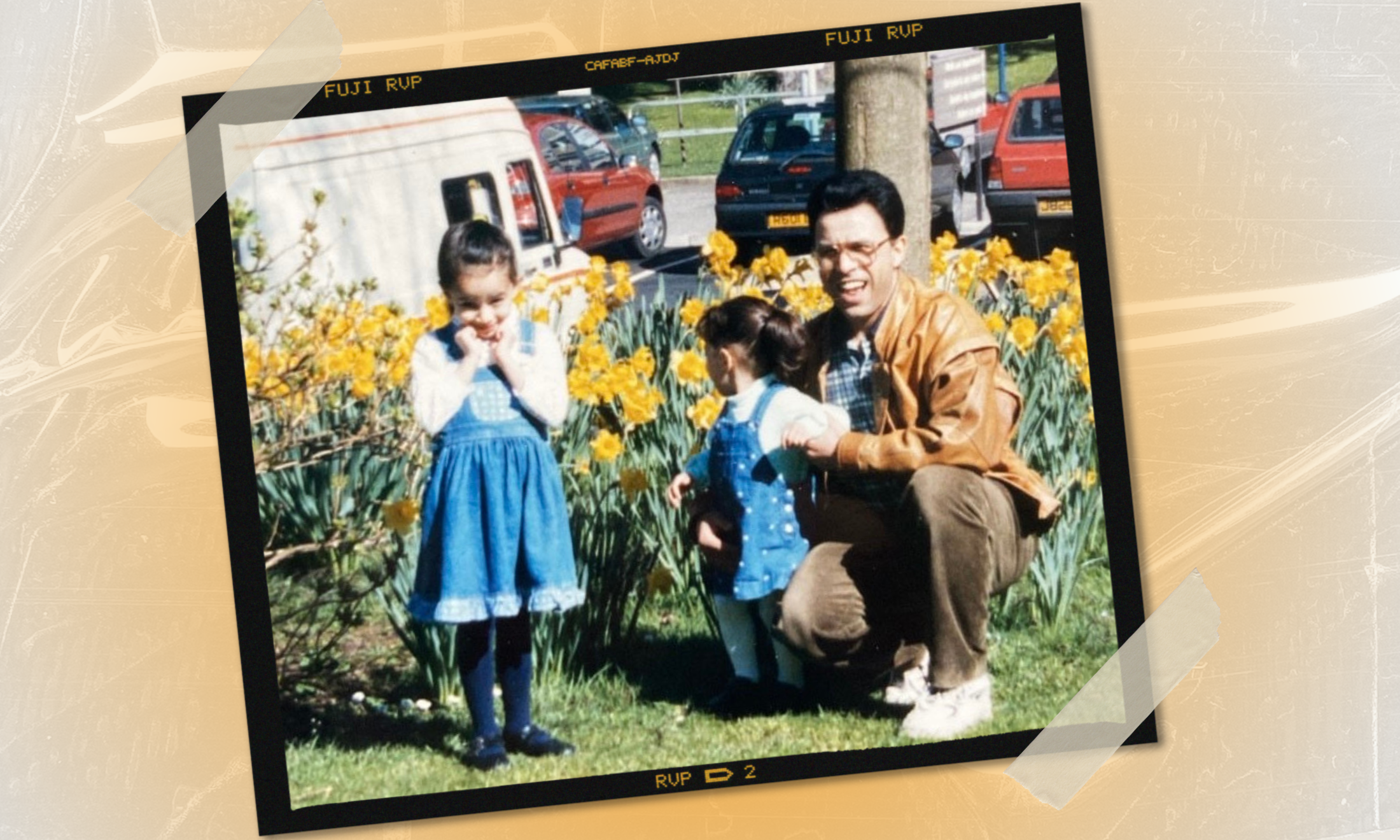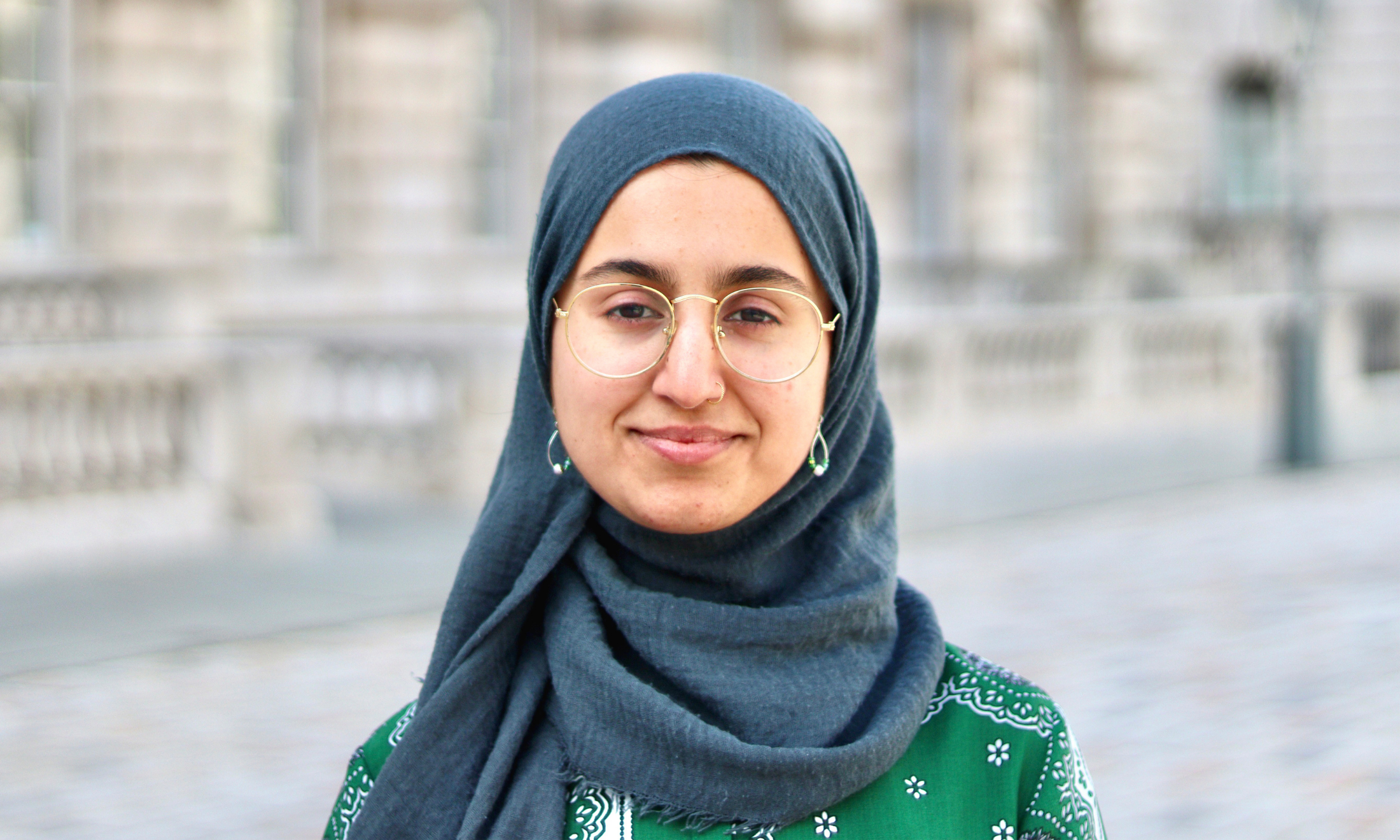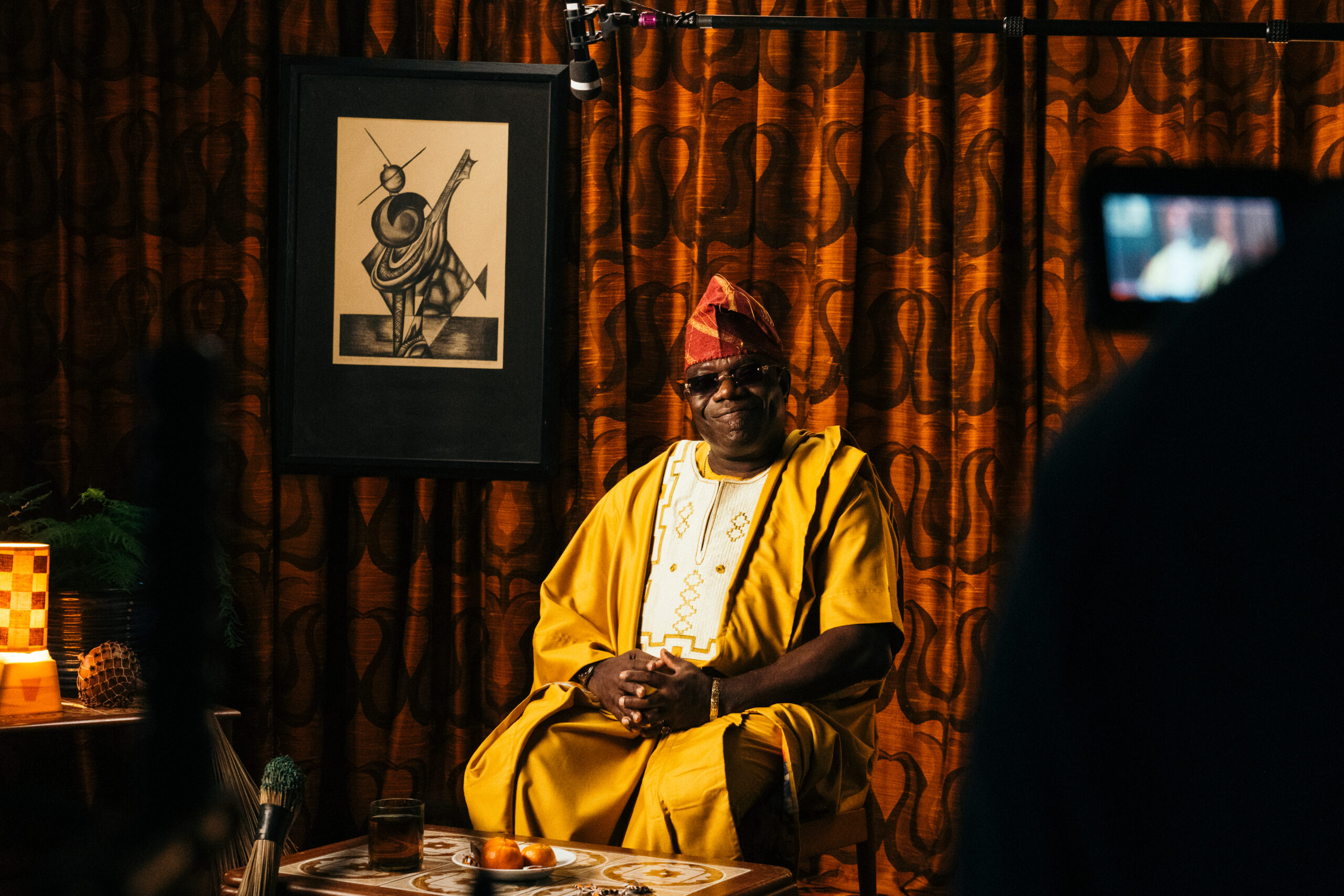
‘Love jihad’ is the conspiracy fuelling the ‘A Suitable Boy’ backlash
After seeing the volatile reactions to the harmless kissing scene, Asyia Iftikhar explains why interfaith unity is more important than ever.
Asyia Iftikhar
27 Nov 2020
Still via BBC / A Suitable Boy
A secret love between two people, full of fictional twists and turns, and cheered on by an audience of hopeless romantics who believe love conquers all. Doesn’t this seem like a harmless plot? Not according to Hindu nationalists, who after the global release of A Suitable Boy on Netflix have reignited conversation around the deep-seated polarity of Hindu and Muslim communities, both in the sub-continent and their diaspora communities.
The show’s supposedly “controversial” narrative follows the relationship between Lata, a Hindu woman, and Kabir, a Muslim man, set in the heart of post-partition India. The BBC adaptation does not shy away from making political commentary on the discord colonialism created in these communities.
Since partition in 1947, the existence of Muslims in India has been an incredibly precarious and hostile one. The current President of India, Narendra Modi, leader of BJP (a Hindu Nationalist Party), has been clear about his Islamophobic beliefs and plans to implement harsher sanctions on Muslims. It’s nearly impossible for Pakistani Muslims to gain a visa to enter the country as citizenship laws are discriminatory. And violence against Muslims has exponentially increased in the past couple of years. On the backdrop of increasing resentment, last month, an Indian jewellery advert sparked anger across India after featuring a Hindu-Muslim couple.
“Love jihad is a particularly virulent Islamophobic conspiracy theory which claims that Muslim men force Hindu women into relationships in order to convert them to Islam”
So, when Lata and Kabir kissed in front of a Hindu Temple in the 1950s, the shockwaves transcended time, place and fictional lines to spark anguished cries across India. As it goes these days, it started with a Twitter hashtag. #BoycottNetflix trended as Indian Twitter personalities denounced this scene and called for Indians to boycott the streaming service in protest. “How dare @netflixindia show such a disgraceful act”, wrote one user; “Netflix again promoting love jihad”’, said another. Arun Yadav, head of media for BJP, tweeted: “boycott those who make fun of our religion and culture.”
Scrolling through the abhorrent messages nestled under this hashtag is not easy viewing, the tweets are full of Islamophobic tropes and damning criticism of interfaith relationships. Now the implications of this scene have gone beyond social media – one politician even filed a police complaint on the grounds of hurtful religious sentiment; this is alongside the leader of the BJP Youth Wing filing a separate complaint against Netflix India, claiming it encouraged “love jihad”.
Love jihad is a particularly virulent Islamophobic conspiracy theory which claims that Muslim men force Hindu women into relationships in order to convert them to Islam. Fear of this has led to legislative proposals to punish interfaith marriages with the purpose of conversion. This has been heavily criticised by opposition parties as encroaching on liberty and deepening community divides.
“These conversations are exhausting and quite frankly, outdated”
Hindu nationalists are attempting to use the controversy surrounding A Suitable Boy to further their agenda of persecuting Muslims and supporting Islamophobic theories to whip up hysteria. As a Muslim who has witnessed the ever-rising Islamophobia globally, this fierce reaction compounds the fears I have for the future of my community. My best friend, from a Hindu background, and I have joked about how we have formed such an unlikely friendship despite the decades-long baggage. But behind the jokes are deeper fears about the fractions between our communities exported to the diaspora.
Diaspora communities in the West have brought many of these preconceived notions as they raise the next generation. I have first hand seen the shameful attitudes aunties and uncles have had towards interfaith relationships. It’s taken years for me to undo the internalised damage of these attitudes and open myself up to all kinds of relationships. These conversations are exhausting and quite frankly, outdated. How many more relationships can be forbidden due to the automatic dismissal of Hindu-Muslim marriages?
“It’s more important than ever to champion interfaith unity and find ways to repair the fractures in our communities, whether through a TV series or in real life”
Lata knows her relationship with Kabir is doomed to fail in A Suitable Boy but their situation is unlikely to have played out any differently had you picked them up from 1950s India and dropped them into 2020. The backlash against Lata and Kabir is not an isolated problem. It’s part of a global trend that perpetuates Islamophobia, polarisation of Hindu and Muslim communities and creates a dangerous space for interfaith couples. The momentum of this controversy allows the BJP to continue pedalling toxic divides in India that resonate out to diaspora communities across the world.
Alongside the awful responses, there is some hope. There are people across our communities who want to have conversations in good faith and move forward. It’s more important than ever to champion interfaith unity and find ways to repair the fractures in our communities, whether through a TV series or in real life. If popular interfaith couples like Sufi and Anjali, can speak out about the highly politicised aspect of their relationship due to their varying Hindu and Muslim backgrounds – their strength in the face of backlash is just one of the ways we can pave the way for a brighter and more accepting future.









